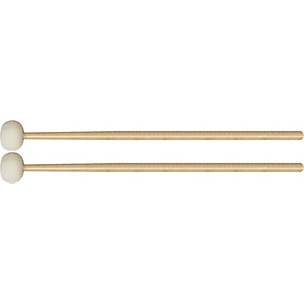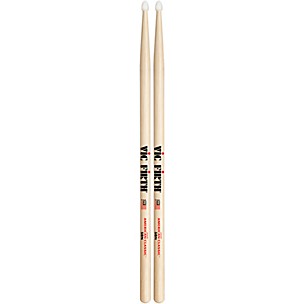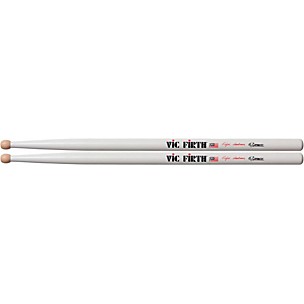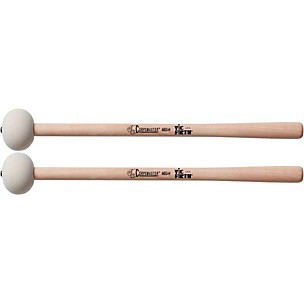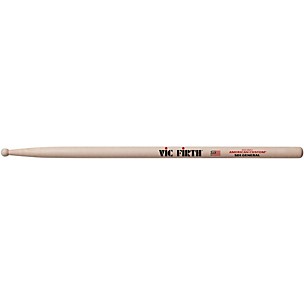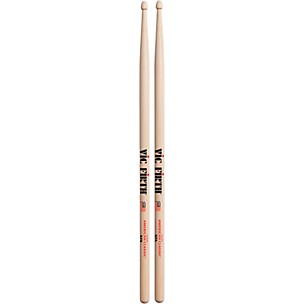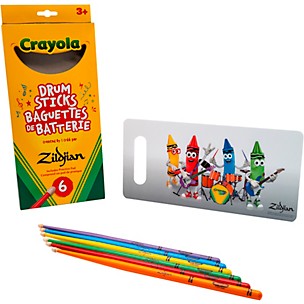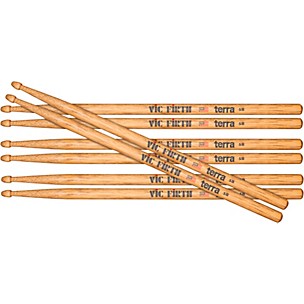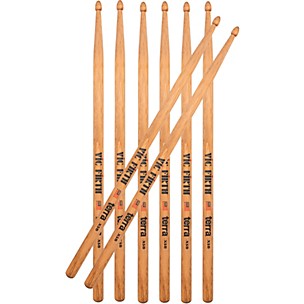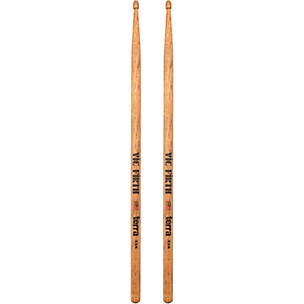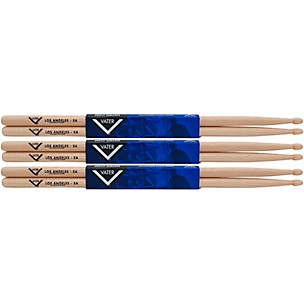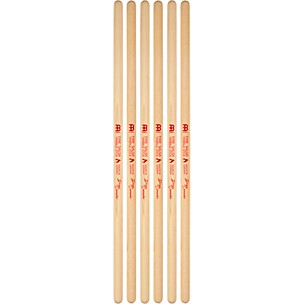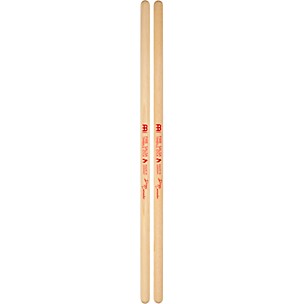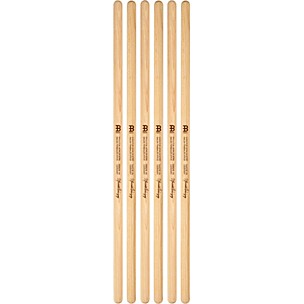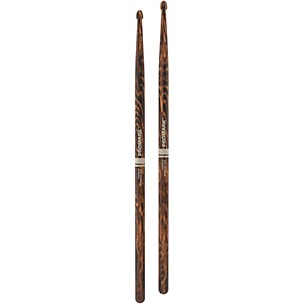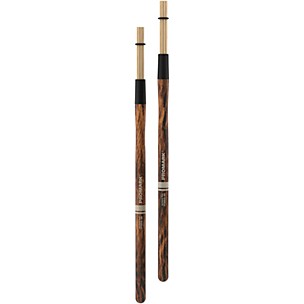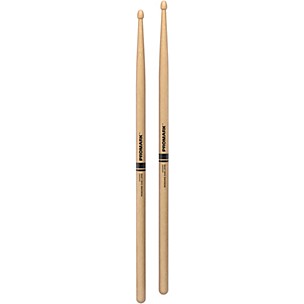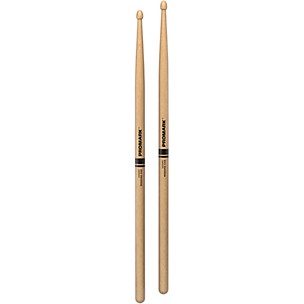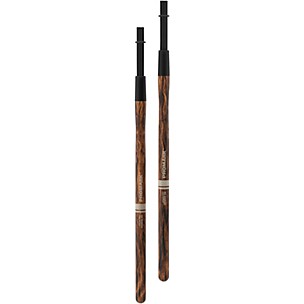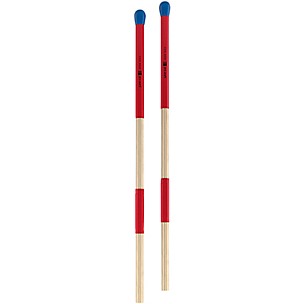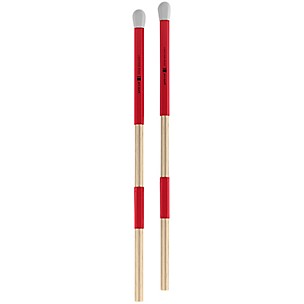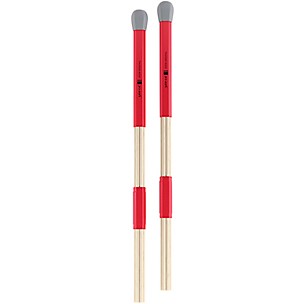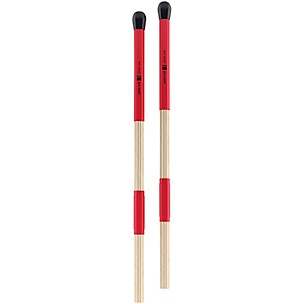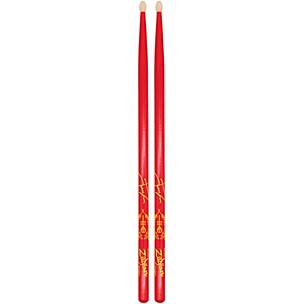Drum Sticks & Mallets
About Drum Sticks & Mallets
Drum sticks and mallets come in a wide range of sizes and materials. Drum sticks are traditionally assigned with a number and letter based on their application and size. The stick's circumference is signified by its number - the higher the number the smaller the circumference. As for the letter it indicates the stick's application (for example "B" sticks are meant for concert "band" applications). Most drum sticks are made of hickory maple or oak. Hickory is the most common wood type and is very dense; maple is light and ideal for soft fast-playing; and oak is durable and heavier than hickory. Drum sticks can also be made from synthetic materials like aluminum; they're long-lasting and even have replaceable tips.
Drum sticks can be either wooden or nylon-tipped. Wood tips produce a warm sound while nylon tips are more durable and deliver a distinct tone. Brushes are other common percussion tools; they contain sets of plastic or metal bristles and their soft sound is favored for jazz and swing styles. Mallets are preferred for concert bands. Unwrapped mallets have durable heads made from brass and rubber (perfect for glockenspiels and xylophones). Wrapped mallets are best for softer-keyed instruments like the marimba while felt mallets are for un-tuned percussion instruments. Rattan birch and fiberglass are typical mallet materials. Multi-rods are also common orchestral beaters; they consist of several thin sticks that are bound together and produce a sound that's halfway between sticks and brushes. Popular drum stick and mallet brands are Vic Firth Sound Percussion Promark and Zildjian. These companies specialize in stick bags as well as stick accessories like clamps tape and wax.
